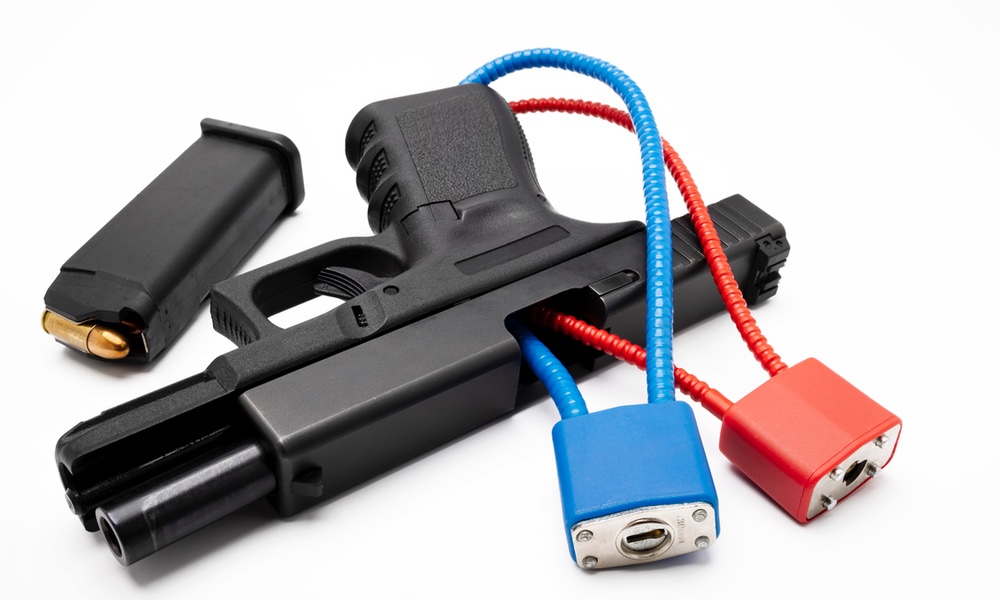Almost 20 percent of unintentional firearm-related deaths among children age 14 and under occur in a home children are visiting. This has prompted the American Academy of Pediatrics to recommend healthcare providers counsel parents about firearm safety, particularly on playdates.
They urge pediatricians to advise parents to ask about the presence of firearms in the homes their children visit. But when researchers at the Ann and Robert H. Lurie Children's Hospital of Chicago surveyed 1,000 parents of children under 18 if they asked about unlocked firearms in homes their children visit, more than 60 percent said they did not.
Most said it never occurred to them to do so.
The findings highlight the need to make parents more aware of the potential danger of firearms outside the home. “Parents need to approach questions about firearm safety in the homes their child visits in the same way they might approach other safety concerns,” Samaa Kemal, lead author of the study, told TheDoctor.Parents can say something like, “I am really excited to have my child come and play with your child. I just wanted to check in about a few safety things.”
Parents are already asking questions about safety-related issues. They may ask about the presence of pets, exposure to foods their child may be allergic to and access to a swimming pool or hot tub. They may also ask about adult supervision. Parents of teens are likely to ask if alcohol will be available.
“We already have a practice, as parents, of asking questions about safety. We are just asking parents to include and normalize asking an additional question about firearms,” Kemal said.
Parents and caregivers may be reluctant to have these conversations if they have never had them before, Kemal, an emergency medicine physician at Lurie Children's Hospital acknowledged. She suggests asking about firearms in a non-judgmental way. Parents can say something like, “I am excited to have my child come and play with your child. I just wanted to check in about a few safety things.” Then the question can be very direct: “Is there a gun in your home? If so, how do you store it?”
“The most important thing is to ask the question. Parents must then decide what to do with that information,” Kemal said. If the gun is not locked up with the ammunition stored separately, and parents feel uncomfortable about that, they can ask that the playdate happen at another location such as their home or a park.
The survey found that women, parents over 40, parents living in rural areas, respondents without a college degree and those in lower income households were less likely to ask about firearms.
It is not clear from the survey why certain groups of parents were less likely to ask about the presence of guns, but Kemal, an assistant professor of pediatrics at Northwestern University Feinberg School of Medicine, had some hypotheses. Rural parents are more likely to have firearms in their home, so it may be more accepted that other families will also have guns at home. They may also trust that other parents are storing their firearms properly. Older parents may not have been as concerned because their children are older and already know about gun safety.Realizing that other parents are likely to share your concern may help you feel more comfortable asking about the presence of guns in playmates’ homes.
If you're the parent or caregiver of a child who goes to other kids' homes to play, realizing that other parents are likely to share your concern may help you feel more comfortable asking about the presence of guns in playmates’ homes. Gun owners may have already considered the issue.
The study is published in Pediatrics.





